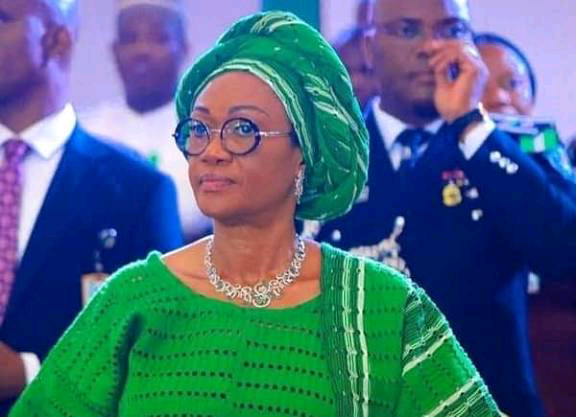Natasha’s Appeal Validates Senate’s Decision Not to Reinstate Her, Says Lawyer

A fresh legal development has unfolded in the ongoing saga surrounding the suspension of Senator Natasha Akpoti-Uduaghan, as her own Notice of Appeal has been highlighted as proof that the Senate was not legally obligated to reinstate her prior to the completion of her six-month suspension.
Responding to this development, Abuja-based lawyer and policy analyst, Dayo Fadugba, asserted that the appeal lodged by the senator’s legal representatives corroborates the stance that the judgment issued by Justice Binta Nyako of the Federal High Court did not contain a direct or enforceable directive necessitating her recall.
Fadugba specifically referenced Ground 23 of the 30-ground appeal, which he claimed confirms that the trial judge merely deemed the suspension excessive without delivering a decree to nullify it.
Citing the appeal, he remarked: “The Learned Trial Judge erred in law and relinquished her judicial duty when Her Ladyship, after correctly deeming the Appellant’s suspension… as excessive… failed to explicitly issue a definitive pronouncement overturning and/or nullifying it accordingly.”
According to Fadugba, the absence of any explicit order to nullify the suspension or compel the Senate to act diminishes assertions that the Red Chamber defied a court directive.
“This ground alone confirms there was no enforceable mandate from the Federal High Court. Had such a mandate existed, there would be no necessity to appeal its absence,” he stated.
He contended that the Senate operated within its authority as delineated under Section 63 of the 1999 Constitution, which authorizes it to discipline its members. Fadugba insisted that no legal breach was committed by the legislative body.
He further criticized Senator Akpoti-Uduaghan’s attempt to resume plenary while her suspension remained active, characterizing her action as “a staged spectacle lacking legal substantiation.”
“Her return, accompanied by a throng and media crew, was not grounded in law. It was a media ploy and a deliberate act of defiance,” he remarked, cautioning that such behavior might prompt additional disciplinary measures.
Fadugba underscored the need to safeguard the Senate’s integrity from what he described as “self-promotional displays,” emphasizing that lawmakers must adhere to the chamber’s regulations.
“If every member flouts those regulations, then the institution forfeits its authority. Her conduct could warrant another round of sanctions,” he warned.
He further advised against the selective interpretation of judicial rulings for political purposes, noting that the current appeal provides necessary clarity on the boundaries of the trial court’s judgment.
“What we possess now is clarity. There was no directive for recall, and her own legal team has acknowledged this. The Senate had no obligation to act on an unenforceable suggestion,” Fadugba concluded.
He urged the public to concentrate on the legal facts, rather than partisan or emotional narratives, adding that the Court of Appeal will ultimately deliver a definitive interpretation of the issues presented.









